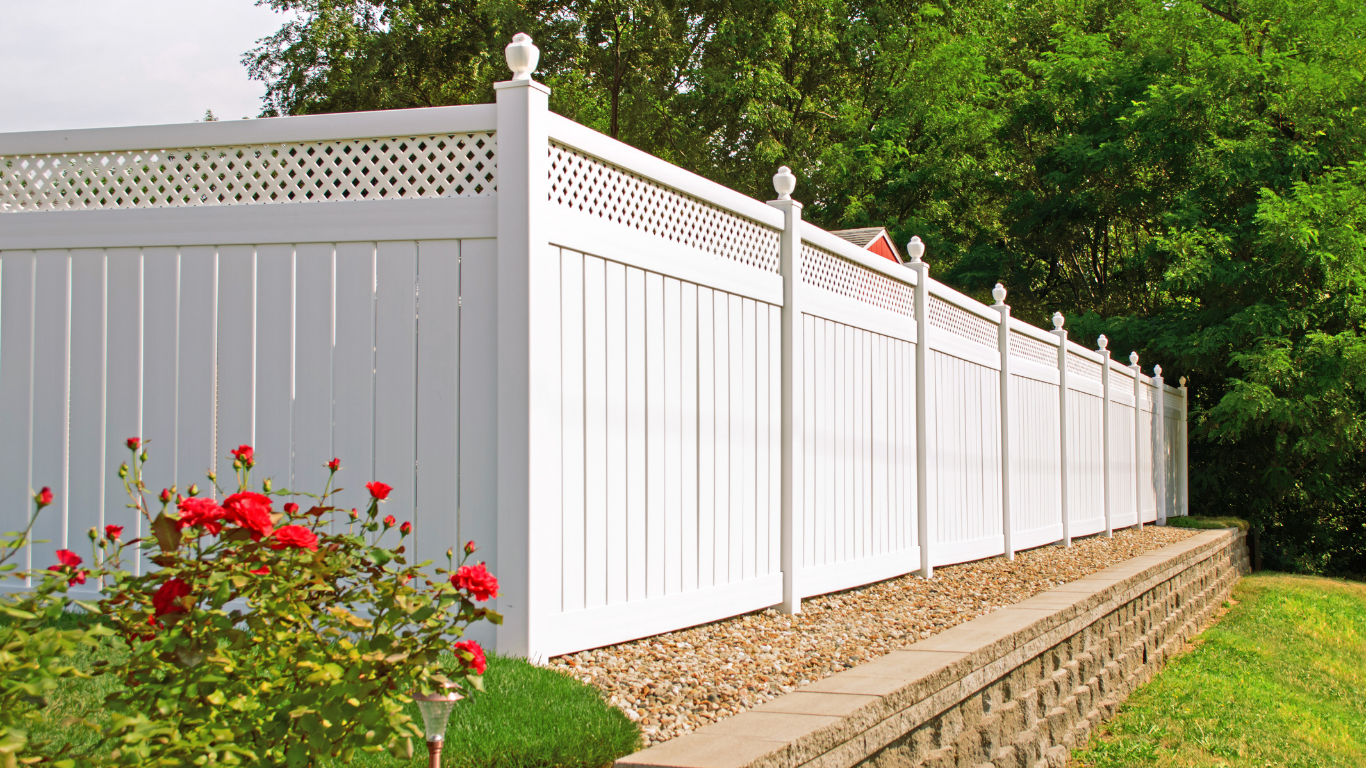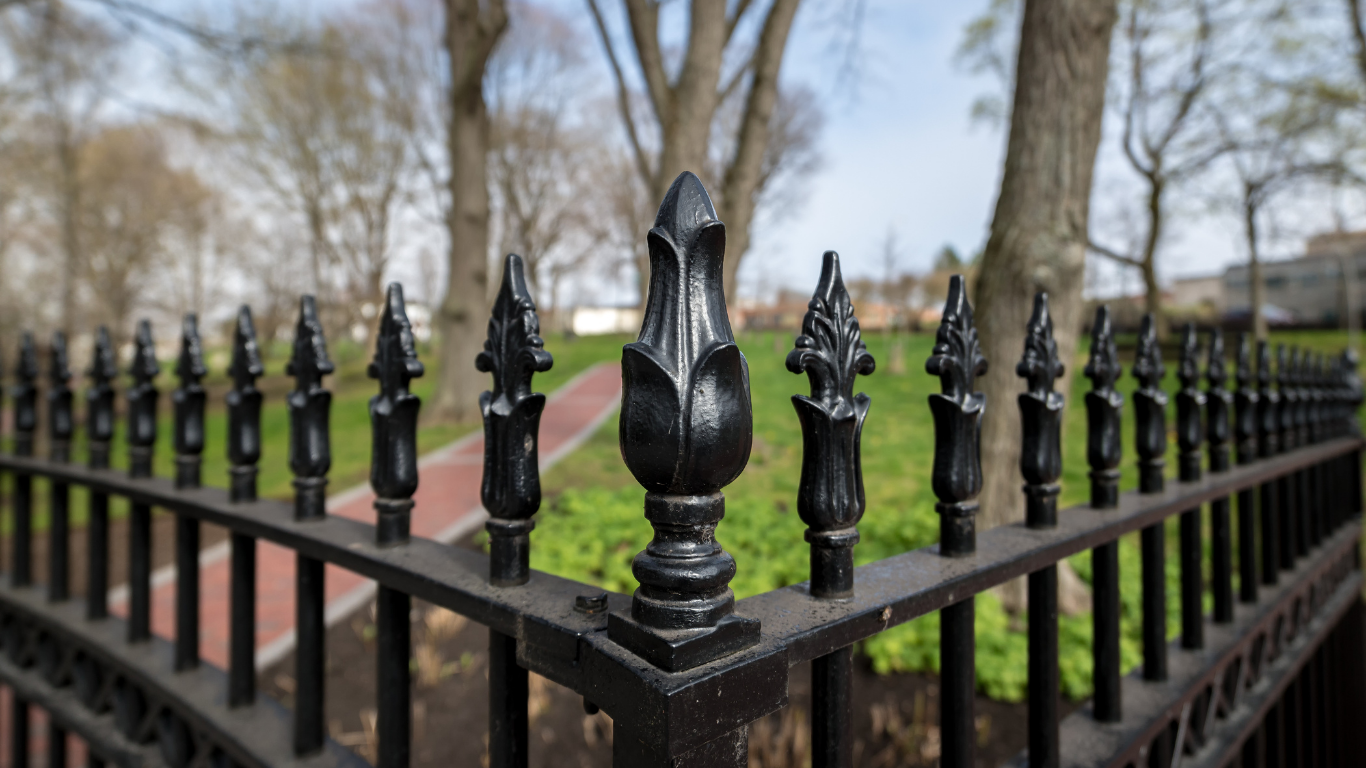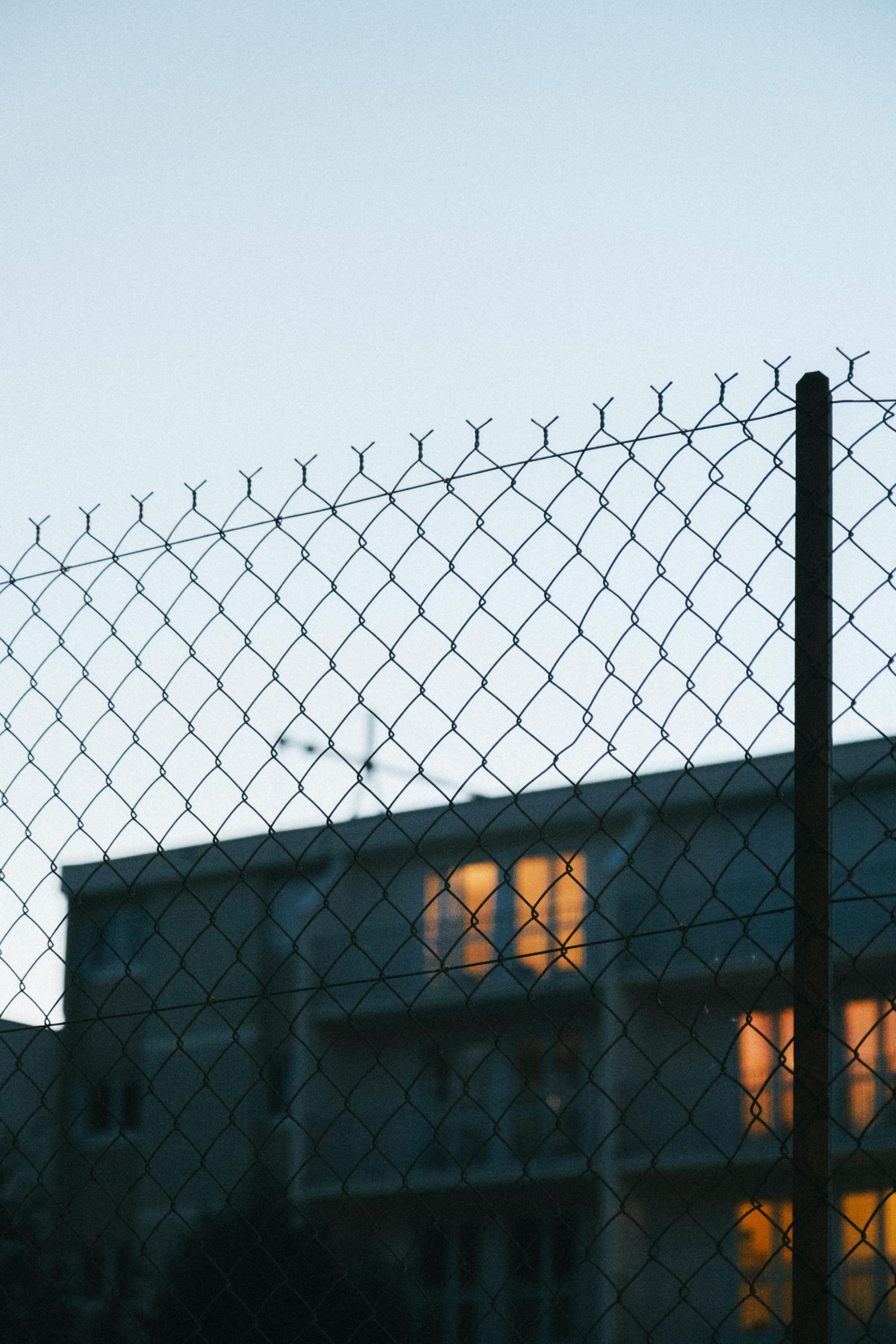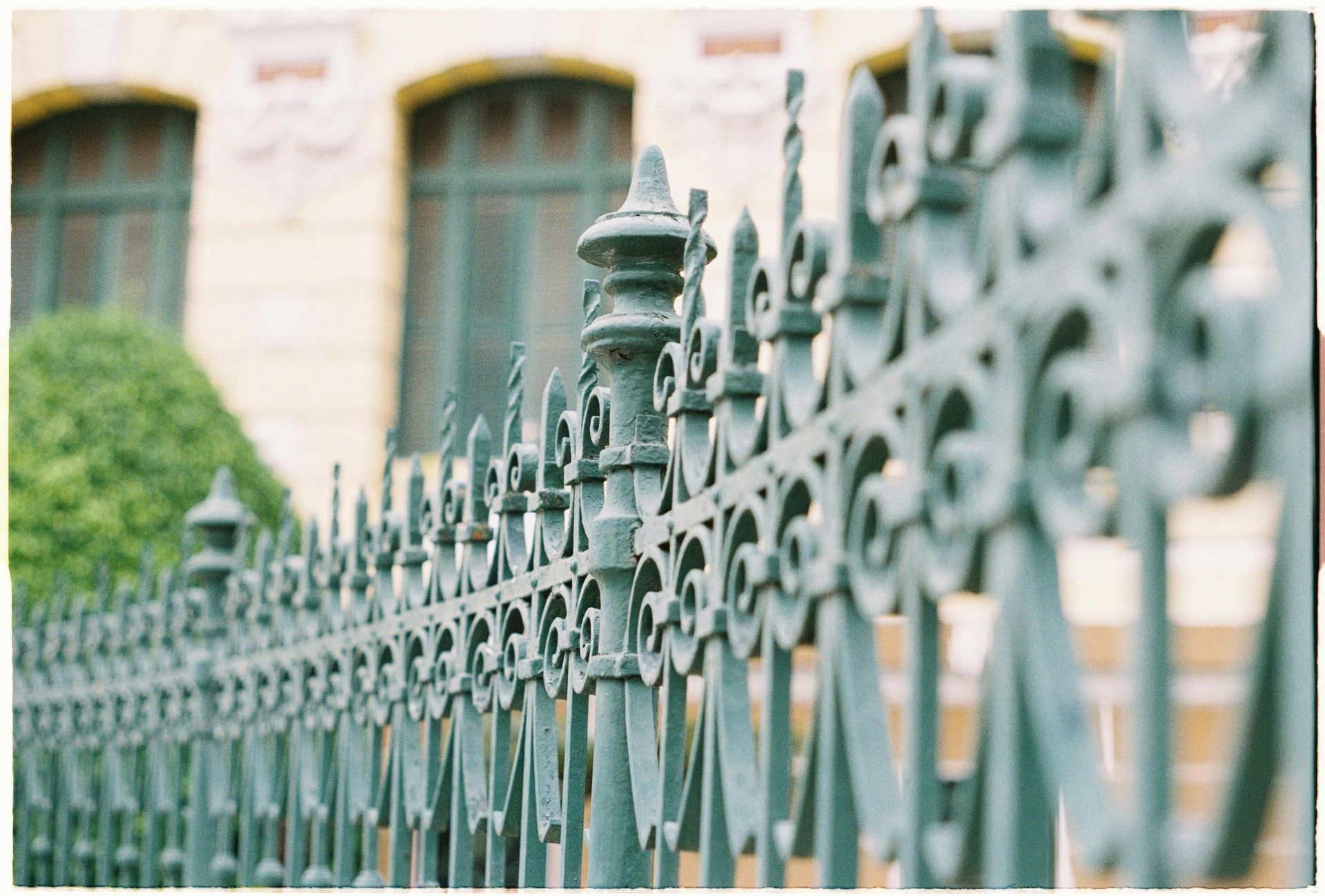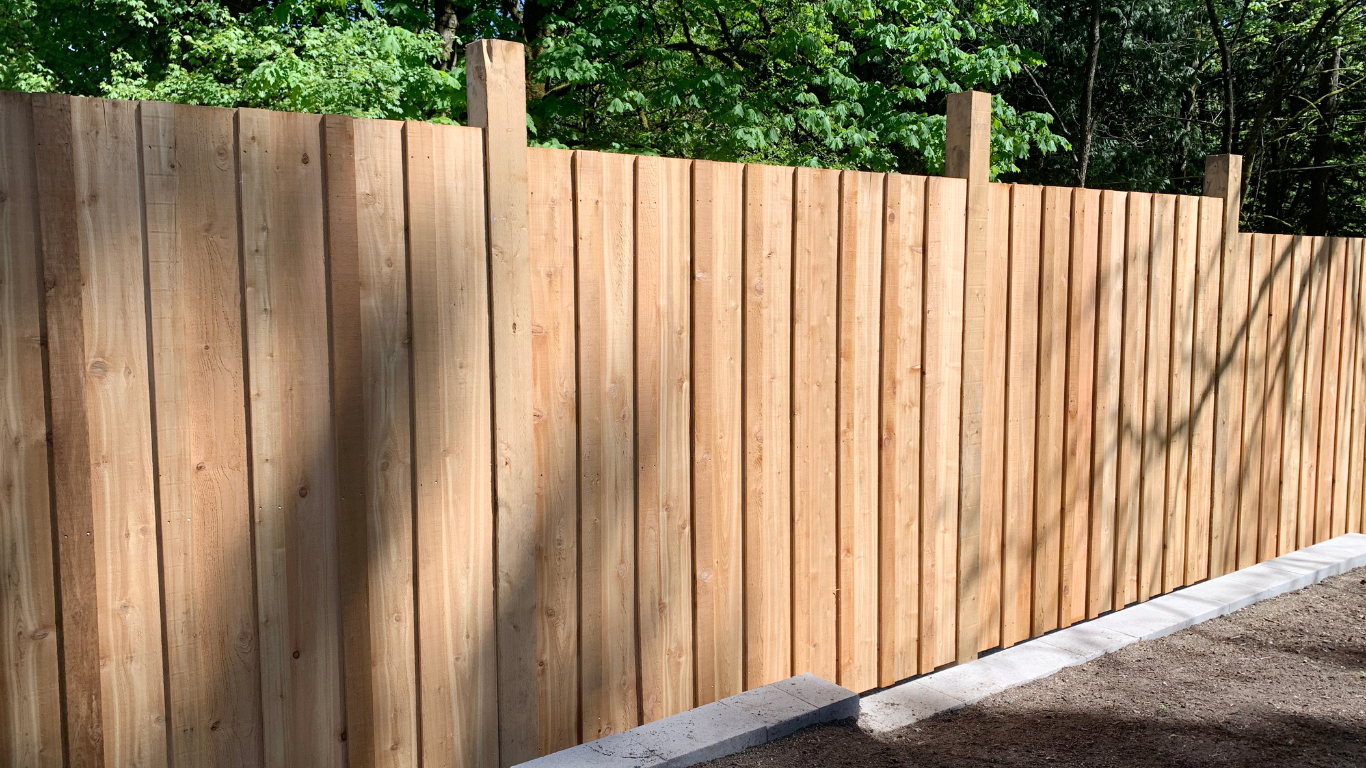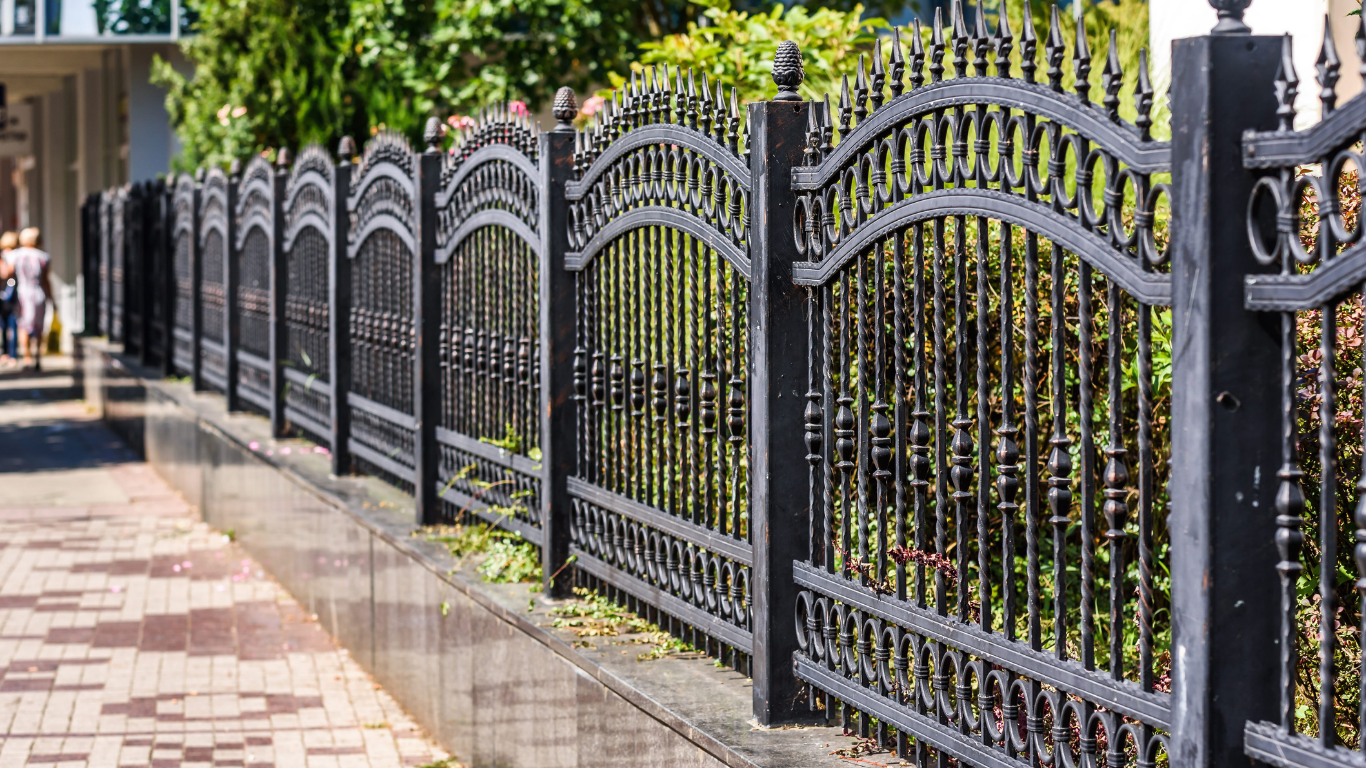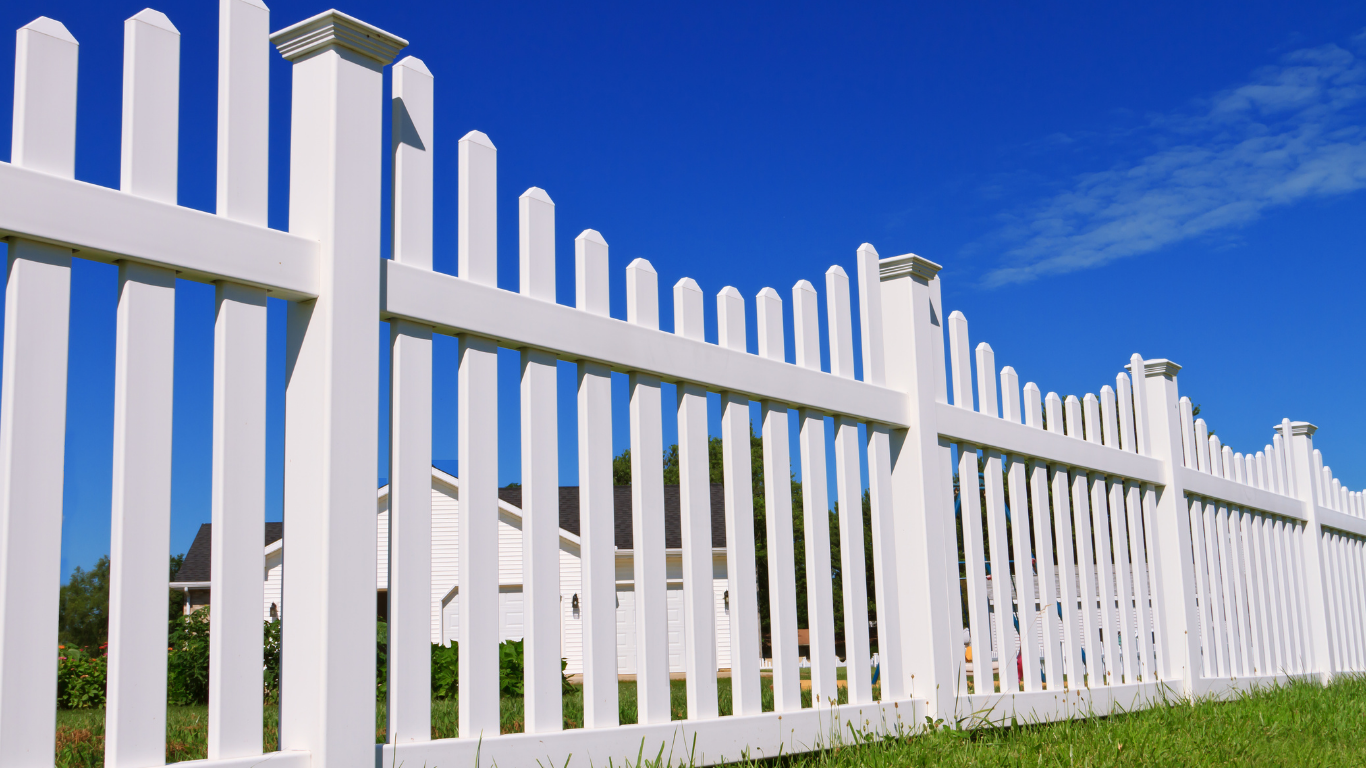The Long-Term Durability of Vinyl Fencing: Is It Worth the Investment?
What is Vinyl Fencing?
When choosing a fence for your property, durability is one of the most critical factors to consider. You want something that will stand the test of time, endure harsh weather conditions, and require minimal upkeep. Vinyl fencing has grown in popularity over the past few decades due to its impressive durability and low maintenance requirements, making it a common choice for homeowners seeking long-term value.
But the big question is: Is vinyl fencing worth the investment? Will it hold up over time, or will you find yourself dealing with repairs and replacements sooner than expected? We’ll dive into the long-term durability of vinyl fencing, its benefits, maintenance requirements, and whether it makes sense for your property.
Vinyl fencing is made from polyvinyl chloride (PVC), a strong and weather-resistant plastic material. Unlike traditional wood fences, which require regular staining and sealing to maintain their appearance and integrity, vinyl fences are designed to withstand the elements without needing such extensive upkeep.
Vinyl fences come in a variety of styles, including privacy, picket, and ranch rail. They are known for their sleek, clean appearance and their resistance to fading, rot, and pests. Vinyl fences are typically reinforced with internal ribs or core materials to enhance their strength and stability, making them a reliable option for residential properties.
1. How Durable is Vinyl Fencing?
Resistant to Weather and Elements
One of the key reasons vinyl fencing is a popular choice is its resistance to the elements. Whether you live in an area with extreme heat, heavy rainfall, high winds, or freezing temperatures, vinyl fencing can hold up to these challenges better than wood or metal fences.
- UV Resistance: Vinyl fencing is treated with UV inhibitors, which protect it from the harmful effects of sun exposure. Unlike wood, which can warp, crack, or splinter from prolonged sun exposure, vinyl maintains its integrity and color over time. Most vinyl fences come with a
limited lifetime warranty that covers discoloration and degradation due to UV rays.
- Moisture Resistance: Vinyl does not absorb moisture, which means it won’t rot or swell like wood fences. This makes it an ideal choice for areas with heavy rainfall, humidity, or even coastal areas with salty air.
- Extreme Temperatures: Vinyl can withstand a range of temperatures without becoming brittle or warping. Even in freezing winters, vinyl won’t crack, and in the heat of summer, it won’t warp or buckle.
Impact Resistance
Vinyl fences are also impact-resistant, making them less likely to break or crack if they are bumped by a car, tree limb, or other obstacles. While they’re not indestructible, vinyl fences are more flexible than wood or metal, allowing them to absorb impacts without breaking. This added flexibility makes vinyl fencing less prone to damage from external forces.
2. Longevity: How Long Will a Vinyl Fence Last?
One of the biggest selling points of vinyl fencing is its impressive lifespan. While wood fences typically last 15 to 20 years with proper maintenance, vinyl fences can easily last 25 to 30 years or even longer with minimal upkeep.
Several factors contribute to this longevity:
- Non-Porous Material: Vinyl is not porous, so it doesn't absorb moisture, unlike wood, which can swell, warp, and decay when exposed to water.
- Pest Resistance: Vinyl doesn’t attract pests like termites, ants, or rodents, which can be a problem for wood fences. This means you won’t have to worry about costly repairs or replacements due to insect damage.
- Maintenance-Free Appearance: With vinyl fencing, you won’t have to deal with rotting, splintering, or fading over time, making it a truly low-maintenance option that keeps looking great for decades.
How Long Does Vinyl Fencing Stay Looking New?
While the lifespan of a vinyl fence is impressive, its appearance is just as important. The good news is that vinyl fences are highly resistant to fading, cracking, or discoloration due to UV rays and weather conditions. Many vinyl fences come with a protective coating that prevents discoloration, ensuring that the fence maintains its vibrant look year after year.
A vinyl fence will retain its color for decades, with little more than an occasional wash required to keep it looking clean. Some higher-end vinyl fences even come with a self-cleaning feature, where rain helps wash away dirt and debris, leaving the fence spotless.
3. Low Maintenance: Less Work, More Reward
One of the biggest advantages of vinyl fencing is the minimal maintenance required to keep it in great condition. Unlike wood fences, which need to be sanded, painted, or stained regularly, vinyl fences require far less upkeep, allowing homeowners to save time and money in the long run.
Cleaning and Maintenance
Vinyl fences don’t require the frequent staining or painting that wood fences do. Instead, you can simply wash them with soap and water or hose them down to remove dirt and debris. For stubborn stains, a mixture of vinegar and water can help remove discoloration, or you can use a specialized fence cleaner.
Because vinyl doesn’t absorb moisture, it doesn’t suffer from the same issues that cause wood fences to deteriorate over time. Mold, mildew, and rot are non-issues with vinyl fencing, so you won’t have to deal with the hassle of treating your fence for pests or weather damage.
No Rust or Corrosion
Unlike metal fences, which can rust and corrode over time, vinyl is impervious to rust. This means your vinyl fence will never need to be treated or repainted due to rust damage, saving you time and money on upkeep.
4. Cost-Effectiveness: Is Vinyl Fencing Worth the Initial Investment?
While vinyl fencing can be more expensive upfront than traditional wood or chain-link fences, the long-term cost savings make it a worthwhile investment for many homeowners.
Lower Maintenance Costs
As mentioned earlier, vinyl fencing requires minimal maintenance. Over the years, you won’t need to spend money on repairs, repainting, or replacements like you would with wood or metal fences. This makes vinyl a cost-effective option in the long run, as you’ll save on ongoing maintenance costs.
Initial Costs vs. Long-Term Savings
The initial cost of vinyl fencing is typically higher than wood or chain-link fencing, but the durability and low-maintenance nature of vinyl make it a more affordable option over the years. When you consider the costs of repairs, replacements, and constant upkeep for other materials, vinyl ends up being much more cost-effective in the long term.
5. Environmental Considerations: Is Vinyl Fencing Eco-Friendly?
One of the concerns some homeowners have about vinyl is its environmental impact. While vinyl is made from PVC, which is a plastic material, it is still a more eco-friendly option compared to other materials when you consider its longevity and durability. Here are a few key points to consider:
- Durability Reduces Waste: Vinyl fences last much longer than wood fences, which means they need to be replaced less often. This reduces the amount of waste generated by replacing rotting or decaying fences.
- Recyclable Material: Although vinyl is a plastic product, it is recyclable. Many manufacturers have programs in place to recycle old vinyl fencing when it needs to be replaced, helping reduce its environmental footprint.
- No Pesticides or Chemicals: Unlike wood fences, which often require pesticide treatments and sealants to prevent rot, vinyl doesn’t require any chemical treatments, making it a safer option for the environment.
6. Pros and Cons of Vinyl Fencing: A Quick Summary
Pros:
- Long-lasting: Vinyl fences can last 25 to 30 years or more.
- Low maintenance: No staining, painting, or sealing required.
- Weather-resistant: Holds up against UV rays, moisture, and temperature extremes.
- Pest-resistant: Won’t rot or attract pests like wood.
- Maintains appearance: Doesn’t fade, crack, or discolor over time.
- Cost-effective: Minimal long-term maintenance costs.
Cons:
- Higher initial cost: Vinyl fences tend to be more expensive upfront than wood or chain-link fences.
- Dents and scratches: Vinyl can be damaged by impact, such as being struck by a car or a heavy object.
- Limited styles and colors: While vinyl fencing comes in many styles, it may lack the natural aesthetic that wood offers.
Is Vinyl Fencing Worth the Investment?
Vinyl fencing is a fantastic investment for homeowners seeking a long-lasting, low-maintenance, and weather-resistant fence. While it may cost more upfront than traditional wood or chain-link options, its durability and minimal maintenance requirements make it a cost-effective choice over time.
If you're looking for a fence that will maintain its appearance for decades without the need for constant repairs, vinyl is an excellent choice. With a lifespan of 25 to 30 years or more, vinyl fencing can easily outlast wood fences and still look great, offering peace of mind and enhancing your property’s curb appeal.
Ready to make the switch to vinyl?
Aztec Fence is here to help you choose the perfect vinyl fencing for your property. Contact us today to learn more about how vinyl fencing can benefit you and your home!
